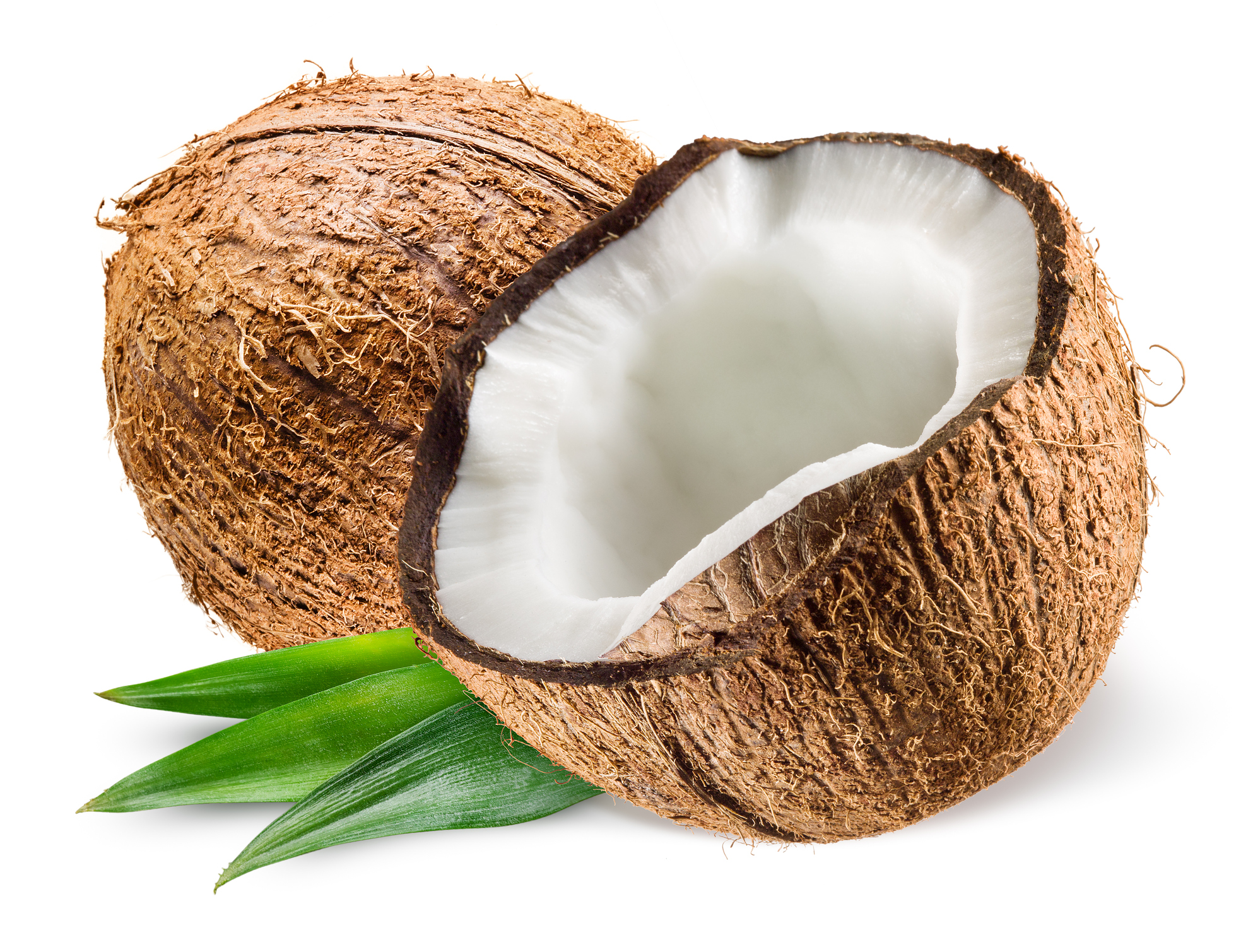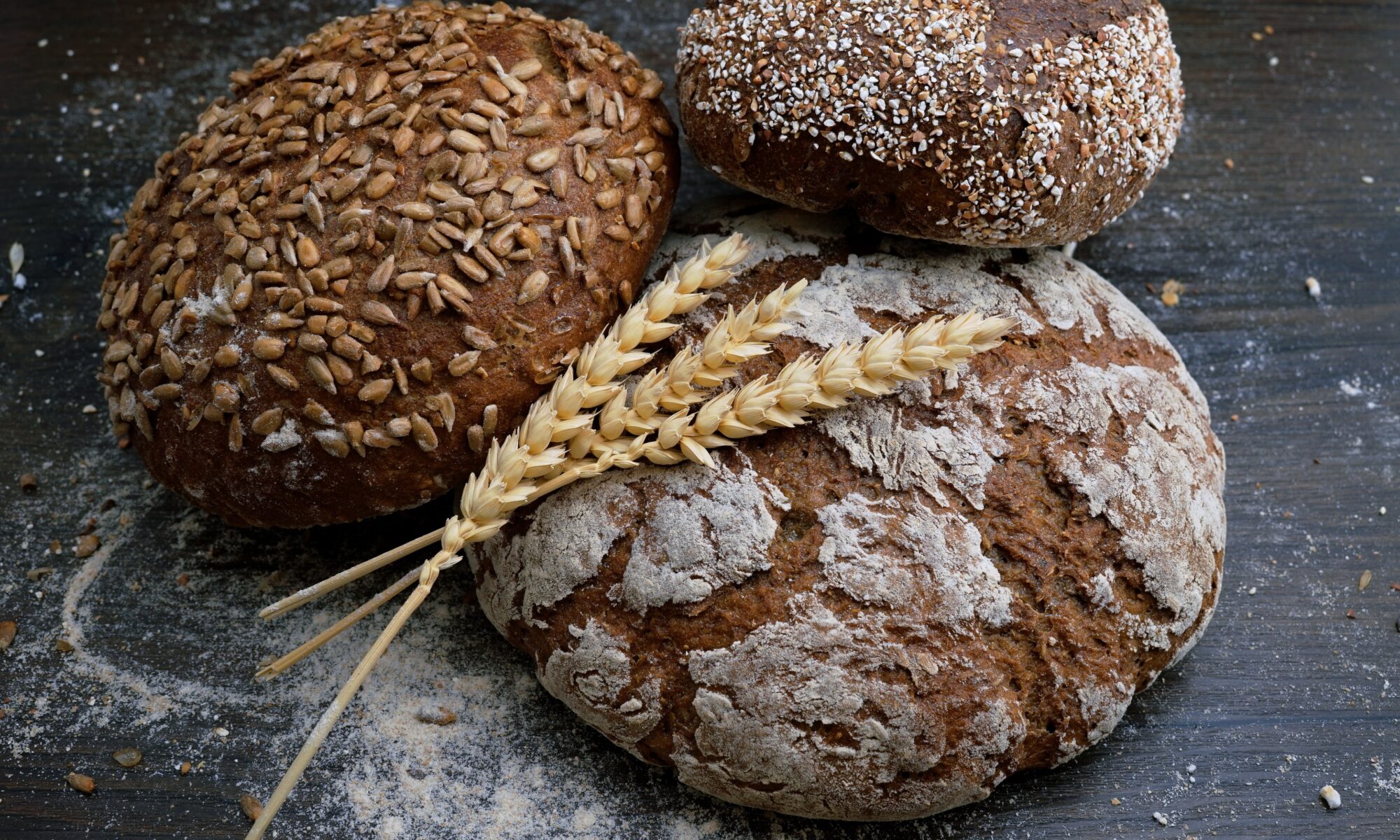Pursuit of Truth requires being and listening, rather than doing and assuming; and slowing down rather than speeding up. You must cultivate Truth. The great Eclectic School of Medicine of the early 1900’s had a Motto, which I stand by today. It read: “To Love the Truth, To Prove the Truth, To Apply the Truth, and To Promote the Truth.”
In today’s times, the term “evidence based medicine” is often used and in the past decade has been readily adopted largely by the naturopathic field when speaking in the context of plant-based medicines (the primary “toolbox” of wholistic practitioners) in an effort to gain more acceptance through applying equally high standards of “safety and validity” to those of conventional medicine. However, this is often far from what can be called “truth” since the motive behind clinical research is not to prove “truth” but to have a drug or device approved by the FDA. The problem with using “evidence based medicine” exclusively, rather than “evidence informed medicine”, which I prefer, is that the term originated from the randomized controlled trial research paradigm used to study drugs. Such clinical studies are set up specifically in a reductionist method, removing all variables, which is essential for a drug. Continue reading “The Pursuit of Truth in Medicine”








